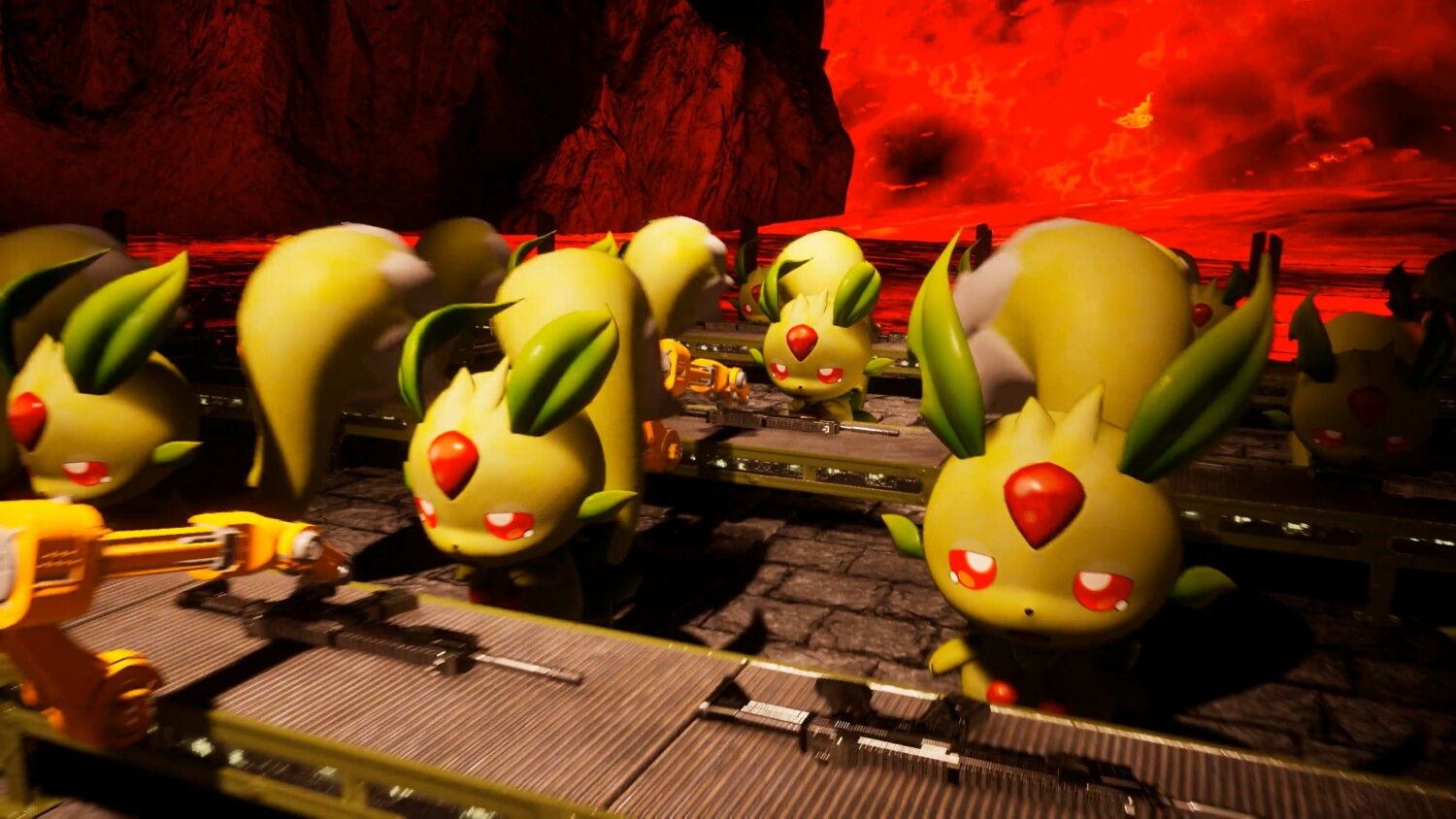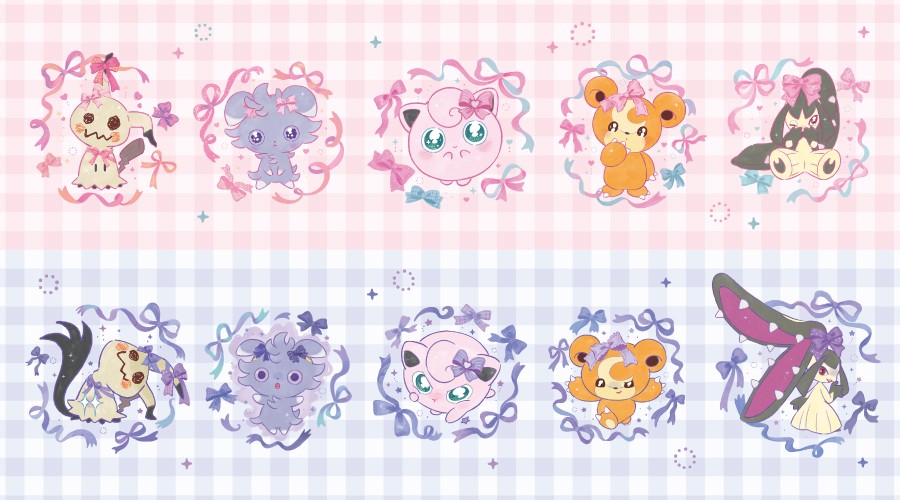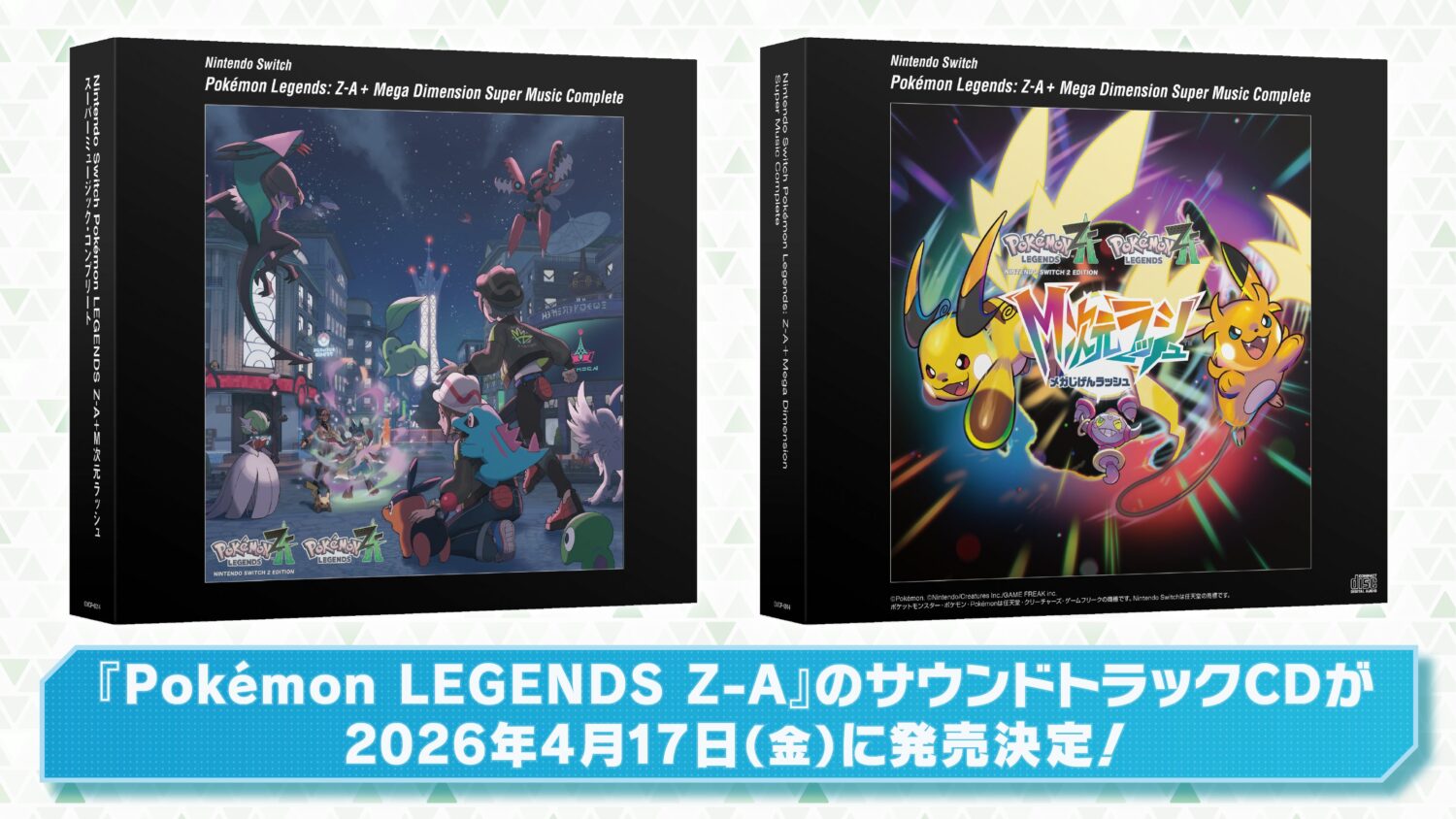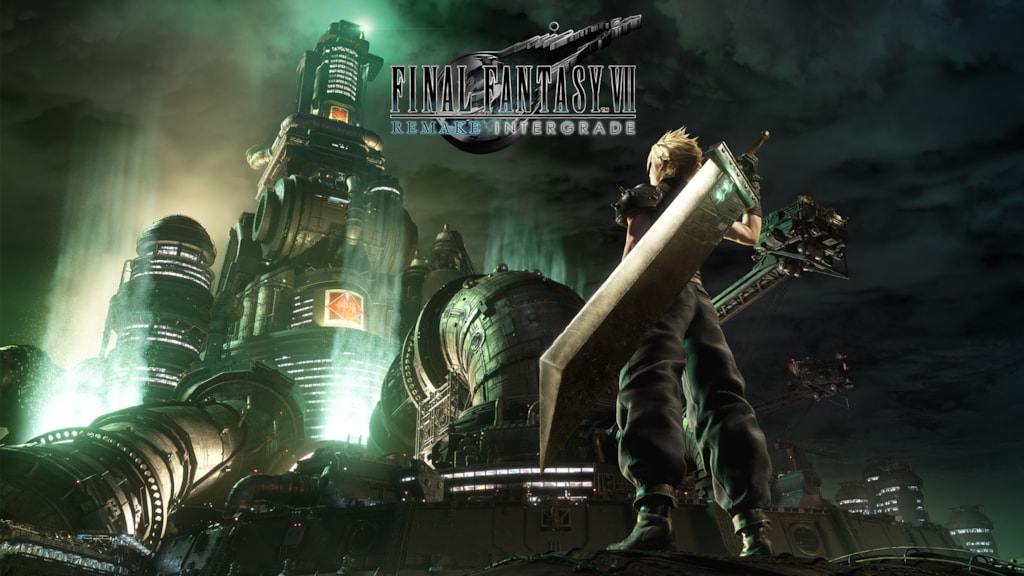Nintendo has escalated its ongoing effort to protect intellectual property with a new lawsuit against Pocketpair, the Japanese studio behind the hit game Palworld.
Filed earlier this week under Japanese law, Nintendo’s legal action alleges that Palworld infringes on several patents, a charge that has sent ripples through the global gaming community and raised important questions about the boundaries of game design and patent use. Palworld, developed by Tokyo-based Pocketpair, has gained massive popularity since its release, captivating players on PC and other platforms with its unique blend of creature collection and open-world survival mechanics.
However, its similarities to the long-standing Pokémon franchise have attracted scrutiny, particularly from Nintendo, owner of one of the most iconic intellectual properties in gaming.
The lawsuit also draws attention due to Nintendo's extensive history of defending its IP, including through court battles and takedown notices. Industry experts have begun analyzing the implications of this case for both Nintendo and Pocketpair.
Dr.
Serkan Toto, a reputable industry analyst, told 404 Media that Nintendo’s record of legal victories in Japan gives it a strategic advantage.
"This lawsuit is governed by Japanese law," Dr.
Toto noted, clarifying that it will not be impacted by rulings from US, UK, or EU courts.
He also emphasized that Nintendo is known for its meticulous approach: "Nintendo typically only proceeds with litigation when they are convinced of a strong, well-prepared case, accounting for possible counterarguments in advance." Dr.
Toto anticipates that the dispute will likely be resolved via settlement, rather than a lengthy court trial, pointing to Nintendo’s prior legal confrontation with Colopl, the developers of White Cat Project.
In that instance, after years of legal proceedings, both sides reached a settlement in 2021 resulting in Colopl paying Nintendo licensing fees—reportedly amounting to approximately $20 million USD—while being allowed to continue to develop and distribute White Cat Project.
Today, the game remains successful in Japan, recently marking its 10th anniversary with over 5 million downloads on the eShop. Toto’s analysis suggests a similar outcome could occur with Palworld: "Nintendo's goal likely centers on financial repercussions, compelling Pocketpair to pay licensing fees in recognition of the patented technology or design elements allegedly used in Palworld." He further cited that Nintendo is aware of Pocketpair's considerable profits from Palworld’s strong market performance, particularly given its status as an indie project developed by a small team with relatively modest operational costs.
"The high profit margins may have further motivated Nintendo to act decisively." While the precise patents cited in Nintendo’s lawsuit have not yet been disclosed, experts expect them to pertain to technical aspects of gameplay or interface design, areas where Nintendo has historically maintained strong legal protections.
Until more details emerge, the gaming industry will be watching closely as this case unfolds, given its potential to set new precedents for how patents are enforced in the video game sector. As both companies prepare for the legal proceedings ahead, the outcome could shape the future landscape of game development, especially for studios creating games on the Nintendo Switch and eShop platforms.
For now, Palworld remains available for players, as Pocketpair continues active development pending resolution of the lawsuit.
Filed earlier this week under Japanese law, Nintendo’s legal action alleges that Palworld infringes on several patents, a charge that has sent ripples through the global gaming community and raised important questions about the boundaries of game design and patent use. Palworld, developed by Tokyo-based Pocketpair, has gained massive popularity since its release, captivating players on PC and other platforms with its unique blend of creature collection and open-world survival mechanics.
However, its similarities to the long-standing Pokémon franchise have attracted scrutiny, particularly from Nintendo, owner of one of the most iconic intellectual properties in gaming.
The lawsuit also draws attention due to Nintendo's extensive history of defending its IP, including through court battles and takedown notices. Industry experts have begun analyzing the implications of this case for both Nintendo and Pocketpair.
Dr.
Serkan Toto, a reputable industry analyst, told 404 Media that Nintendo’s record of legal victories in Japan gives it a strategic advantage.
"This lawsuit is governed by Japanese law," Dr.
Toto noted, clarifying that it will not be impacted by rulings from US, UK, or EU courts.
He also emphasized that Nintendo is known for its meticulous approach: "Nintendo typically only proceeds with litigation when they are convinced of a strong, well-prepared case, accounting for possible counterarguments in advance." Dr.
Toto anticipates that the dispute will likely be resolved via settlement, rather than a lengthy court trial, pointing to Nintendo’s prior legal confrontation with Colopl, the developers of White Cat Project.
In that instance, after years of legal proceedings, both sides reached a settlement in 2021 resulting in Colopl paying Nintendo licensing fees—reportedly amounting to approximately $20 million USD—while being allowed to continue to develop and distribute White Cat Project.
Today, the game remains successful in Japan, recently marking its 10th anniversary with over 5 million downloads on the eShop. Toto’s analysis suggests a similar outcome could occur with Palworld: "Nintendo's goal likely centers on financial repercussions, compelling Pocketpair to pay licensing fees in recognition of the patented technology or design elements allegedly used in Palworld." He further cited that Nintendo is aware of Pocketpair's considerable profits from Palworld’s strong market performance, particularly given its status as an indie project developed by a small team with relatively modest operational costs.
"The high profit margins may have further motivated Nintendo to act decisively." While the precise patents cited in Nintendo’s lawsuit have not yet been disclosed, experts expect them to pertain to technical aspects of gameplay or interface design, areas where Nintendo has historically maintained strong legal protections.
Until more details emerge, the gaming industry will be watching closely as this case unfolds, given its potential to set new precedents for how patents are enforced in the video game sector. As both companies prepare for the legal proceedings ahead, the outcome could shape the future landscape of game development, especially for studios creating games on the Nintendo Switch and eShop platforms.
For now, Palworld remains available for players, as Pocketpair continues active development pending resolution of the lawsuit.






